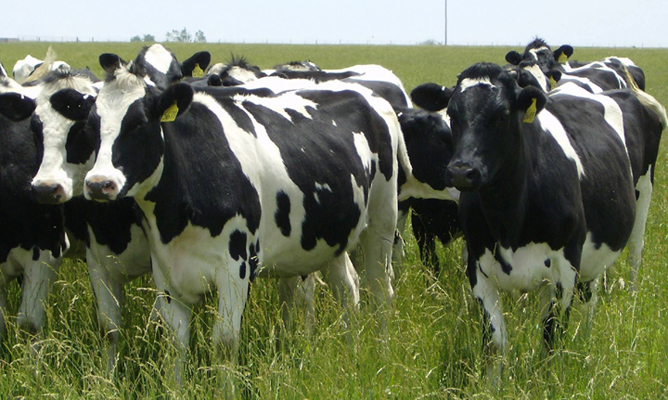
DAIRIBORD Zimbabwe Holdings Limited (DZHL)’s newly-commissioned sterilised milk plant in Chipinge is expected to contribute between 18% and 20% to the group’s revenue streams.
BY TARISAI MANDIZHA
The plant, which was refurbished at a cost of $4 million and commissioned last Friday, has the capacity to produce 24 million litres of sterilised milk per annum.
Speaking at the commissioning ceremony in Chipinge, DZHL managing director Thompson Mabika said the company was now optimistic of satisfying local demand at more than 1,5 million litres of milk per month.
“The old machinery was worn out, and it was now inefficient and had a lot of breakdowns so we have really replaced the old capacity with new machinery which has the capacity to do two million litres per month,” he said.
“I estimate will be able to sell 1,5 million litres per month and going forward Sterimilk production will contribute between 18% to 20% to the group’s revenue.”
Mabika said Manicaland Province produced the bulk of the company’s milk supplies.
“In 2002 the province produced about 12% of what was being produced in the country, in 2009 it produced 11% of what the country was producing and in 2015 we estimate that this province will produce almost 20% of what is being produced in the country,” Mabika said.
- Chamisa under fire over US$120K donation
- Mavhunga puts DeMbare into Chibuku quarterfinals
- Pension funds bet on Cabora Bassa oilfields
- Councils defy govt fire tender directive
Keep Reading
Speaking at the same event, DZHL group chief executive officer Antony Mandiwanza said Sterimilk contributed 18% to the group’s total revenue.
He said the Sterimilk brand had a huge market in Botswana, Mozambique and Zambia.
“This investment together with other initiatives to stimulate milk production by our company and the government of Zimbabwe in future will buttress and enhance product availability in both domestic and regional markets,” Mandiwanza said.
“Through this investment our focus now shifts to promoting milk production in this area which is natural region one and presents best prospects for low cost per litre.”
He said the resuscitation of the dairy industry was a major challenge that required the direct guidance and support of government, adding that the private sector was expected to play a catalytic role.











